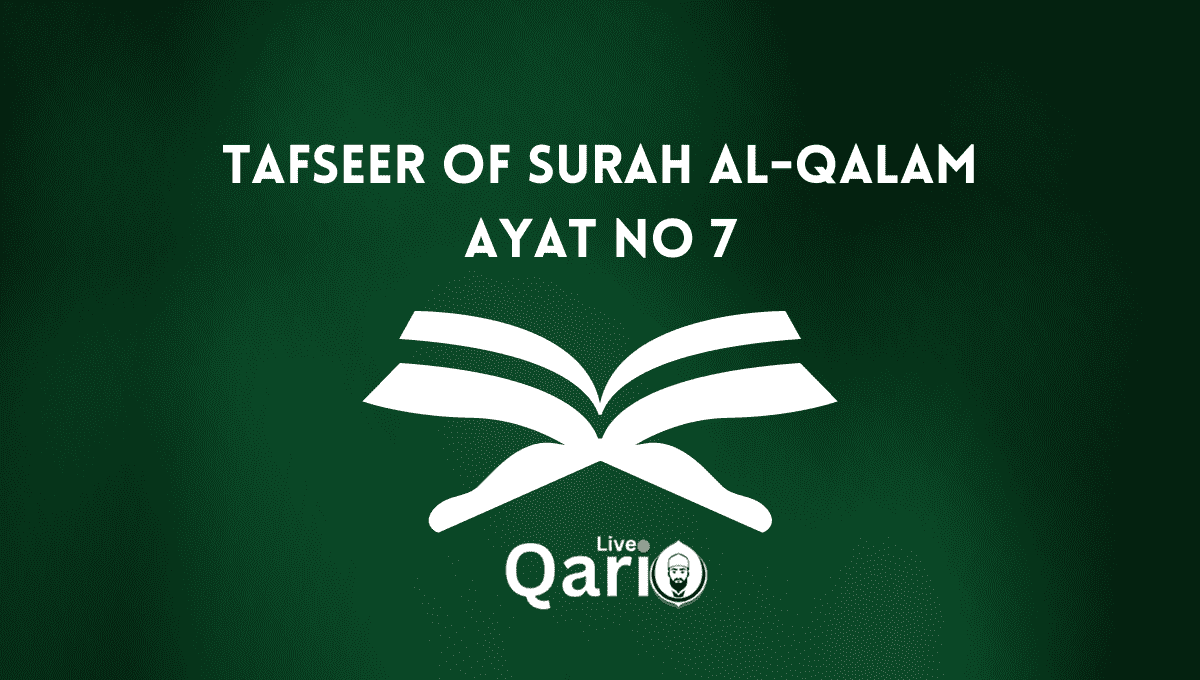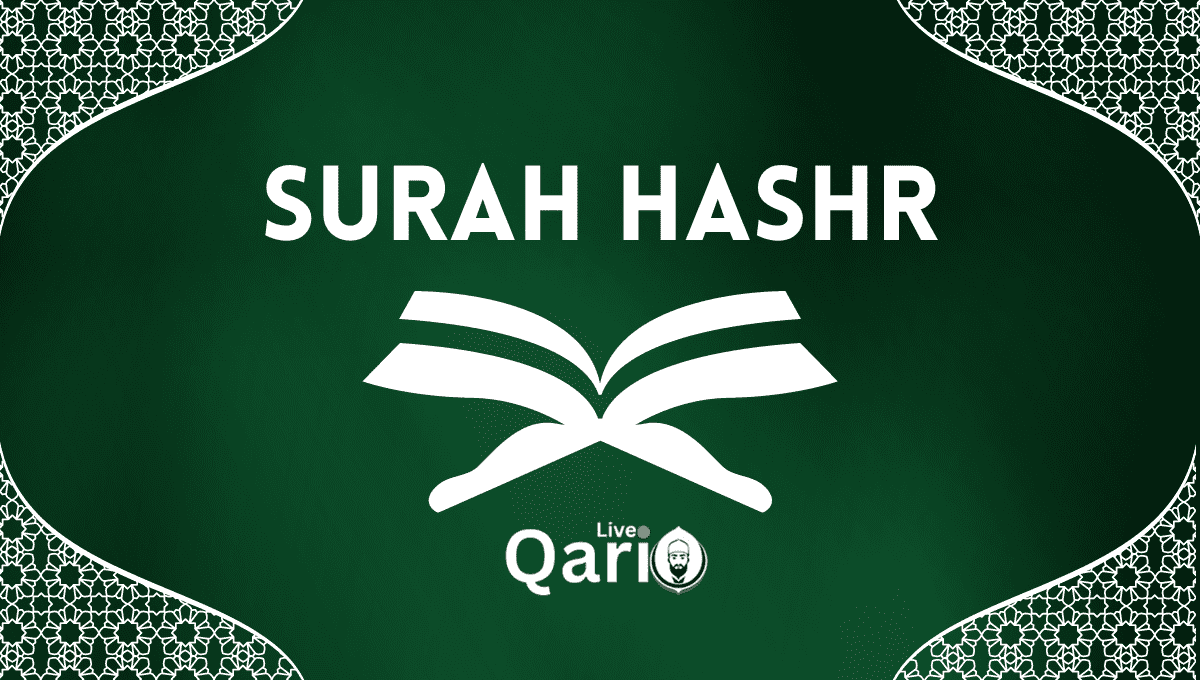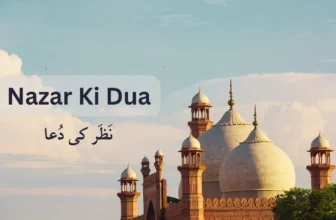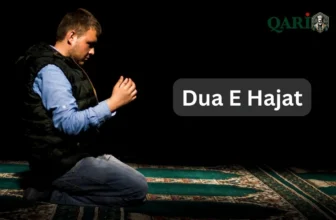
Islam, as one of the world’s major monotheistic religions, emphasizes the power of supplication and turning to the Divine in times of need and gratitude. One such profound supplication is the Dua-e-Maghfirat, a heartfelt plea seeking forgiveness and consolation. Rooted deeply in Islamic traditions, it is recited during times of grief, particularly after the demise of a loved one.
The Power of Dua-e-Maghfirat
Islam encourages its followers to constantly remember Allah, and prayers play a pivotal role in this. They act as a bridge, connecting the believer with their Lord and facilitating a direct dialogue without intermediaries.

The Dua-e-Maghfirat: Arabic, Transliteration, and English Translation
Please note that the precise wording can vary based on traditions and sources. Here is a general presentation of the Dua-e-Maghfirat
“O Divine, shower him/her with forgiveness, bathe him/her in your mercy, bless him/her with robust health, and envelop him/her in your pardon.”
Dua-E-Maghfirat for the Deceased Person
The Best Du’as to Read for the Ones We Lost
Several supplications and verses from the Quran can be recited to benefit the deceased. Some of these include
Surah Fatiha: Often recited for the deceased, seeking blessings and mercy for them.
Surah Yaseen: It’s believed that reciting Surah Yaseen for the deceased brings ease for them in the Hereafter.
Dua from Hadith:
اللهم اغفر لحيّنا وميّتنا وشاهدنا وغائبنا
Translation
“O Allah, forgive our living and deceased, those present and those absent.”

What Insights Does Islam Offer on the Mysteries of the Afterlife?
Islamic beliefs maintain that life in this world is temporary and that real, eternal life begins after death. On the Day of Reckoning, all souls will rise anew, their fates intertwined with the tapestry of their actions.
Paradise (Jannah) and Hellfire (Jahannam) in Islamic theology
Paradise (Jannah): Described as a place of eternal bliss, rivers of pure honey, milk, and wine, and gardens beneath which rivers flow. An unparalleled treasure awaits the virtuous and devout.
Hellfire (Jahannam): Portrayed as a place of torment and punishment, reserved for those who deny the truth and lead a life of wickedness.
The Most Famous Expressions of Condolences in Death
When offering condolences, Muslims have specific phrases that express sympathy and reflect their beliefs about life and death.
| إِنَّا لِلّهِ وَإِنَّـا إِلَيْهِ رَاجِعونَ |
| “Inna lillahi wa inna ilayhi raji’un“ |
| ” Translation: |
| “Surely we belong to Allah and to Him shall we return.” |
| أَسْأَلُ اللهَ العظيم رب العرش العظيم أن يشفيك |
| “As’alullahal-‘Azim, Rabbal-‘Arshil-‘Azim an yashfiyak.” |
| Translation |
| “I ask Allah, the Mighty, the Lord of the Mighty Throne, to heal you.” |
| جَزَاكَ اللهُ خَيْرًا |
| “Jazakallahu Khairan. |
| Translation |
| “May Allah reward you with good.” |
The etiquette of offering condolences in Islam
Express Sympathy and Patience: While consoling, it’s essential to remind the bereaved family to be patient and trust in Allah’s wisdom.
Avoid UnIslamic Customs: Muslims are encouraged to avoid practices not rooted in Islamic tradition, such as wailing loudly or expressing grief excessively.
Visit the Bereaved: It is Sunnah (prophetic tradition) to visit the family of the deceased, offer condolences and provide support.
Offer Physical Assistance: Helping the bereaved family with funeral arrangements or providing food is highly recommended.
Make Dua for Maghfirat: Praying for the deceased and the bereaved family is one of the best ways to offer condolences.
Avoid Prolonged Mourning: Islam encourages the bereaved to accept death as a part of life and not to mourn for more than three days, except for widows.
Prayers for Forgiveness: Comforting Words at the Time of Passing
Understanding the Importance of Time of Death in Islamic Beliefs
In Islam, the instant of passing is a deeply significant and pivotal juncture in an individual’s journey. It marks the transition from the temporary life of this world to the eternal life of the Hereafter Hereafter. The state in which a person departs from this world is pivotal in determining their journey in the afterlife.
Specific prayers and actions recommended at this crucial moment
- Recitation of the Shahada: It’s recommended to softly remind the dying person to recite the testimony of faith: “La ilaha illallah” (There is no god but Allah).
- Facing the Qibla: The dying person’s body should ideally be oriented such that their feet face the Qibla (the direction of the Kaaba in Mecca).
- Dua-e-maghfirat for a good ending: One can supplicate: “Allahumma yassir lana al-mawt wa ja’alil mawta rahatan lana min kulli shar.” Translation: “O Allah, make death easy for us and make death a means of our protection from all evils.”
When Your Loved One Dies and You’re Grieving, Remember These Things
Islamic perspective on grief and mourning
Grief in Islam is recognized as a natural and expected emotion. However, Muslims must exhibit patience and trust in Allah’s divine plan. Excessive wailing or public displays of despair are discouraged, as they may indicate discontent with Allah’s decree.

Islamic perspective on grief and mourning
Grief in Islam is recognized as a natural and expected emotion. However, Muslims must exhibit patience and trust in Allah’s divine plan. Excessive wailing or public displays of despair are discouraged, as they may indicate discontent with Allah’s decree.
Comforting reminders and teachings from the Qur’an and Hadith:
Duas for Our Departed Loved Ones
“Allahumma ighfir lihayyina wa mayyitina wa shahidina wa gha’ibina.”
Translation: “O Allah, forgive our living and our dead, those present and those absent.”
“Allahumma ighfir [name of the person] wa rfa’ darajatahu fil-mahdhiyyeena, wa khlufhu fee aqibihi fil-ghaabireena , waq him bihaqqika wa nabiyyika min fitnatil-qabr.”
Translation: “O Allah, forgive [name of the person], elevate his status among the guided ones, and replace his abode with a better place. Protect him with Your might and from the trial of the grave.”
Dua for the Pardon of Those Who Have Wronged Them
It’s essential to pray for harmony and forgiveness for the deceased and those they might have conflicts with.
“Allahumma their li [name of the deceased] wa li man zalamahu wa li man uzlima minhu.”
Translation
“O Allah, forgive [name of the deceased], those who wronged him, and those he may have wronged.”
Further Tips:
Additional guidelines on how to cope with loss and ensure the peace of the deceased in an Islamic context:
- Charity: Give charity (sadaqah) on behalf of the deceased. This act benefits the departed soul and serves as a continuing reward.
- Seek Community Support: Lean on your community. Attend prayer gatherings and seek counsel from knowledgeable individuals.
- Avoid UnIslamic Practices: Steer clear of customs not rooted in Islamic teachings.
- Regular Duas: Continually pray for the deceased, asking Allah to grant them mercy, forgiveness, and a high rank in Paradise.
- Remember Death: Use this time as a reminder of your mortality, recommitting to righteous deeds and drawing closer to Allah.
Conclusion
Dua-e-Maghfirat and consolation hold profound significance in Islam. Offering prayers for the departed is not merely a gesture of affection and care. Instead, it draws from the eternal insights of the Qur’an and the esteemed legacy of Prophet Muhammad (peace be upon him). These prayers and actions offer solace to the grieving, pave a smoother path for the deceased in the Hereafter Hereafter, and serve as a poignant reminder to the living about the transient nature of life. In essence, through these practices, Muslims reaffirm their belief in the unseen, the eternal life, and the mercy of Allah.
More Prayers (Dua)
FAQs (Frequently Ask Questions)
What is Dua-e-Maghfirat?
Dua-e-Maghfirat is a unique Islamic supplication asking for forgiveness and mercy for the departed souls, especially recited during grief.
Why is it essential to recite the Dua-e-Maghfirat for the deceased?
It’s believed that the deceased can benefit from prayers said on their behalf, and Dua Maghfirat is a specific plea for Allah’s mercy and forgiveness for the departed.
Why is it essential to recite Dua-e-Maghfirat for the deceased?
The enduring power of prayers and benevolent actions can illuminate the souls of those who’ve departed, bestowing upon them eternal blessings. Dua-e-Maghfirat is a specific plea for Allah’s mercy and forgiveness for the departed.
How long after death can we continue to pray for the deceased?
Time knows no bounds. Muslims are lovingly encouraged to keep the memories of their departed alive through prayers, as long as their hearts beat.
Can we give charity on behalf of the deceased?
Yes, giving charity (sadaqah) on behalf of the deceased is commendable and is believed to benefit the departed soul.







